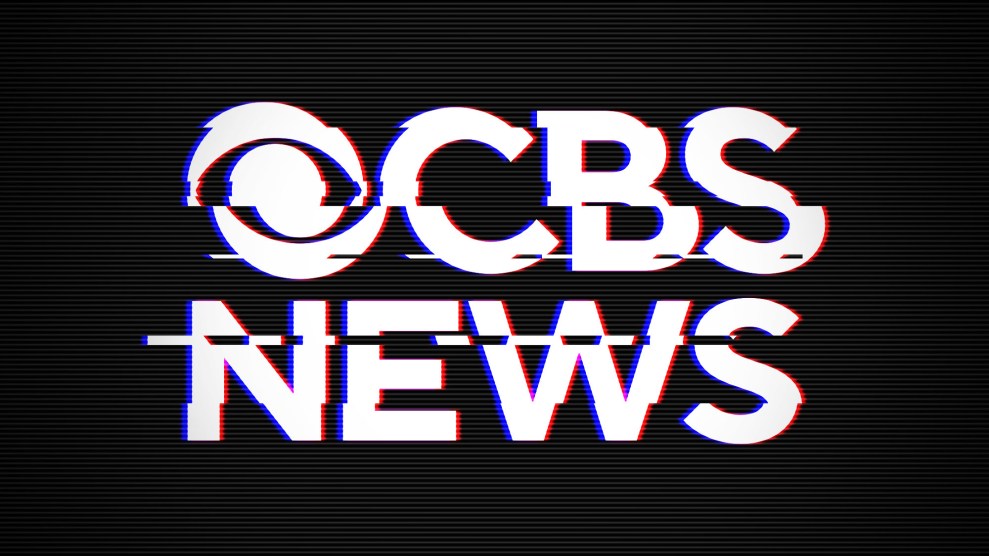In characterizing President Barack Obama’s message on Libya hours before his scheduled speech on the matter, Jay Carney, the White House press secretary, essentially said this: it’s complicated.
During a White House press gaggle—an off-camera briefing—conducted by Carney and deputy national security adviser Denis McDonough on Monday, reporters repeatedly pressed the Obama aides to describe what Obama would say in his speech. Both men demurred, noting they were not there to preview his remarks. It seemed reasonable for White House officials to tell the reporters that the upcoming speech would speak for itself. Still, White House reporters yearned for a hand-out of some sort.
Meanwhile, they also pushed McDonough and Carney to answer the unanswerable—that is, what’s the endgame in Libya? That’s probably, as Donald Rumsfeld might say, a known unknown, at this point. Obama has agreed to a limited military action, designed and initiated to prevent a result (Muammar Qaddafi making good on his vow to turn Benghazi into a slaughtering field), rather than to produce a specific outcome (say, a Qaddafi-less Libya). And this has yielded a media narrative: the public is confused about the warfare in Libya.
With that in mind, I asked Carney the following question:
Critics on the left or right and voices in the media have talked about there being some confusion in the public over the President’s aims and the goals and intentions of this mission. Do you believe that from the very start the White House has communicated effectively with the public about what the President is thinking regards to the Libyan action?
Carney, with a straight face, said, “Absolutely, yes.” The reporters laughed. He was joking, in a way. He then proceeded toward a more serious reply:.
Seriously, I think—I want to get at this question, because somebody over the weekend on one of these shows suggested that—or claimed outright that the White House had suggested that some of the questions raised by members of Congress were illegitimate. No one in the White House ever said that. I certainly never said that from this podium.
Questions are legitimate. They deserve to be answered. We have endeavored to answer them from the President, to the Secretary of State, Secretary of Defense, National Security Advisor, Deputy National Security Advisor, and the Press Secretary and others. So they’re all—they are legitimate questions. And it is understandable that there is complexity here that needs to be explained and we have tried to explain, which is that there is the military mission, the goals of which are quite clearly laid out in the resolution authorizing the use of force in all necessary measures.
And then there are the over—and there are the other baskets, the other tools. I think Secretary Gates said it well that we have more than just hammers in our toolbox here, and the things that we are doing unilaterally as the United States, but also in concert with our international allies, to put pressure on Qaddafi and isolate Qaddafi, that is also very much an important aspect of our policy.
And I think that where you see the question of confusion come up is this idea that because we have stated, the President has stated, that we do not believe Qaddafi is a legitimate leader and that he should leave power, and yet we are not authorizing our military—or the U.N. Security Council resolution is not authorized to take out or remove or effect regime change in Libya, that there is somehow confusion in that.
There is a military mission designed to protect civilians, to enforce a no-fly zone. And there is a policy of this administration that we are pursuing through other measures that seeks to isolate and pressure Qaddafi to the point where he leaves power.
In other words, there has been some confusion—due to the complexity of the issue. Carney might have a point. The mission is not a simple one, as in, do everything possible to get Qaddafi. The mission is to do what is possible, in conjunction with NATO allies and a few Arab partners, to block Qaddafi from butchering Libyans opposed to his rule—hoping (or intending) to create a set of circumstances that just might lead to the dictator’s downfall. Tripoli or Bust this ain’t. This is a military action of nuance.
I followed up Carney’s reply:
Mitt Romney has attacked the President for being nuanced… Do you think that having a policy that has these different levels is just hard to explain in a hyper-media environment?
Carney answered, “we’ve tried to explain it and I think—when it’s explained well and clearly, that it is understandable. And the President has done that on a number of occasions, and again the American people will hear him speak to it tonight.”
With critics on the right and left assailing Obama and the media echoing trumped-up accusations of confusion, Obama might need more than a single speech to ensure his policy is understandable throughout the land.

















